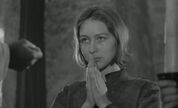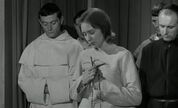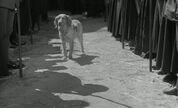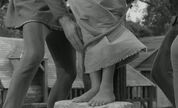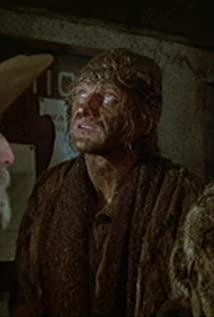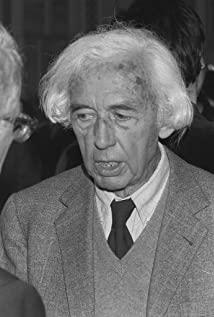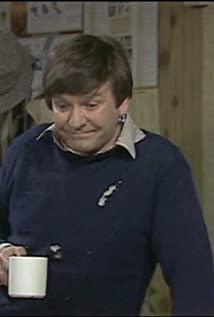Both Brecht and Bresson were enemies of "illusionism". Brecht wanted the actor to "report" to the character, not to be the character. Emphasizes that actors do not have to conceal the "he does, he says" nature in their performances. "The effect of alienation" is the core of Brecht's dramatic theory. Brecht believes that it can completely replace emotional resonance as the foundation of artistic enjoyment: "If the method of intoxication is abandoned, what other method can be used? If the audience cannot adopt a dreamy, passive, and fateful way in the new theater If the attitude is at the mercy, what attitude should be used? The audience should not be tricked again, on the contrary, he should be brought into the real world, with a clear sense... Replacing feelings with alienation resonance on.
Bresson's films also seem to bear the imprint of the theory of "diversion effect". The scenes are often interrupted abruptly, and the endings are often flat and light. There is no suspense, and the anti-drama is very strong. In later works, dialogue is more often replaced by first-person narration that interrupts the scene from time to time, disrupting the audience's imaginative engagement and emotional engagement with the plot. In fact Brecht was not Bresson's idol. The characters who really made Bresson's favorite were Flaubert and Proust. Bresson's dream is to find a new way of writing that uses moving image and sound as the carrier and can convey the essence of Flaubert and Proust's novels. This is the so-called "film writing". The core of the concept of "model" is to maintain the mystery and unknowability of the existence of natural life.
However, Bresson set himself a task destined to be impossible. Because the image is different from the text, it is a specific image, and the audience is also different from the reader. The image of the specific image greatly limits his imagination space. The model as the character of the moving image always appears with a certain expression, which means Acting is inevitable, and Bresson's anti-acting requirement for models to speak lines without expression still cannot escape the barrier of performance. In essence, it is an extreme or even deliberate performance concept. a simplification and distortion treatment. In any case, the "model" is still the person in the play. After all, it is not nature but the author of "film writing" who manipulates the "model". Bresson offered no explanation, perhaps not at all. "He does not consider whether others can understand him, how the press evaluates him, whether people watch his films or not, he follows only the sublime and objective principles of art." Through Tarkovsky's tribute to Bresson Instead, we have a glimpse of the reason why Bresson failed: completely obsessed with the eternal and perfect of the idea of art and abandoned politics and the public.
Instead, I'm obsessed with his quixotic failure.
View more about The Trial of Joan of Arc reviews



